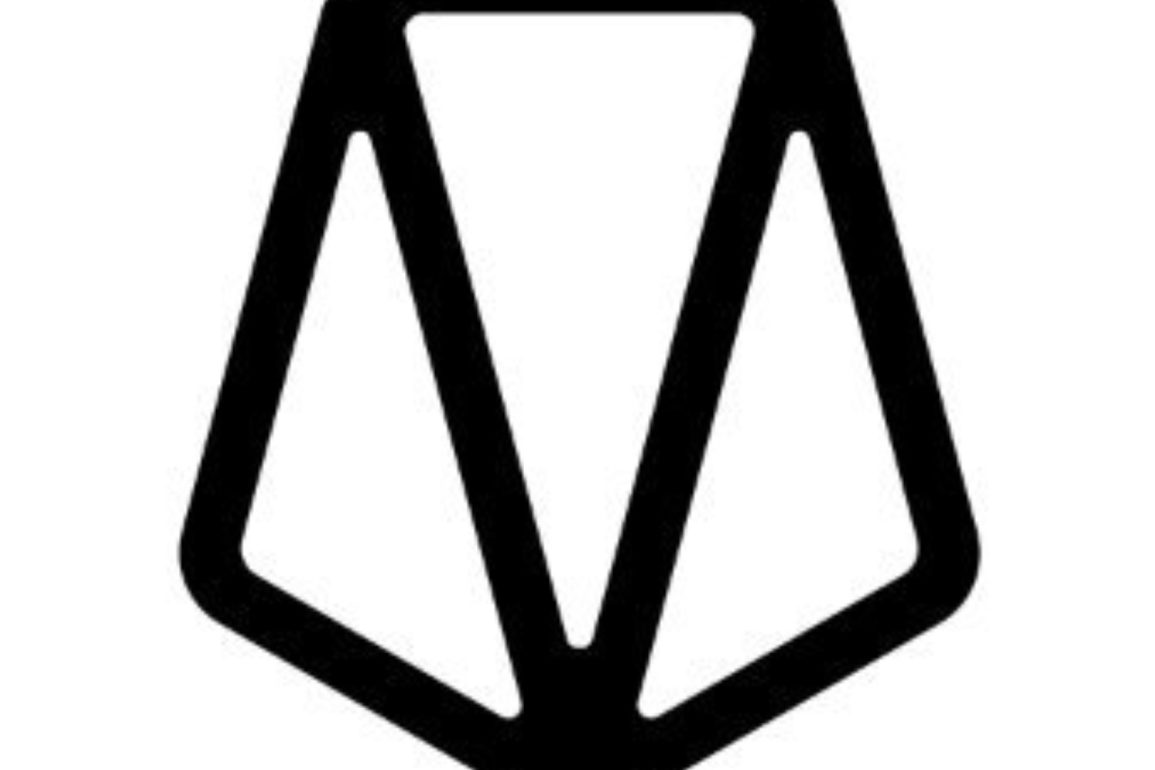- Summary:
- EOS Network Foundation has cut all ties with Block.One. We discuss this momentous occasion, for one of blockchain’s most famous projects.
The EOS Network has declared full independence from Block.One. The move came after the network executed a hard fork to version 3.1 (called Leap 3.1) on September 21, 2022. Consequently, all node operators should have already upgraded their nodes to keep in sync with the rest of the network. To activate new features that are not compatible with older versions of the code, EOS has undergone its second hard fork or a non-contentious consensus upgrade.
After a long fight against Block.One, the EOS community decided they wanted to change the management of the network. This was essential to ensuring the platform evolves with its goals. As such, the transition is a watershed moment in developing EOS’s institutional structure and enhancing its overall performance. It’s a tremendously promising sequence of events that has the potential to bring Antelope’s technical superiority to fruition.
Zack Gall, VP of Communications, EOS Network Foundation said:
“Not since the launch of the EOS network itself have we seen such a display of unity. For EOS to achieve a system-wide consensus upgrade and officially adopt the community-led Leap 3.1 codebase as its source of truth is a truly monumental achievement. The next chapter has begun for the new EOS.”
A concerted effort from the passionate and “battle-hardened” EOS Network Community
The EOS Block Producers’ confidence in the ENF, their unwavering commitment, and their technical expertise has allowed the ENF to move forward with its purpose of providing value to the EOS Network. The EOS community has taken total control of the network’s codebase. This is the pioneering effort of a coalition of networks migrating to the brand-new Antelope Framework.
The EOS Network Foundation views this as the first step in the “journey of a thousand miles” toward realizing the network’s original vision. The EOS Network Foundation was formed by members of the EOS community itself. It arose to protect the EOS ecosystem’s future and the interests of EOS users.
Yves La Rose CEO, EOS Network Foundation, said:
“Thanks to a diverse and resilient community, the momentum we have been steadily building, is now a force to be reckoned with. This is a great victory, but we can’t bask in our own glory for long. We have to keep moving! What becomes of EOS next, is what we make of it.”
As a result of the swarm of new talent and the subsequent building boom, the community has relocated to Antelope. The network has completed the initial steps toward forming a coalition of public chains that use a common codebase and has successfully made the transition to Antelope.
With the help of the EOS Network Foundation, the EOS Community has gained a crucial step toward autonomy-the ability to direct future development of the protocol’s core blockchain code to best serve the interests of the EOS Community. There is now high anticipation among members that the network will expand in the future. This is possible following the removal of the barriers caused by bureaucracy in the previous network.


